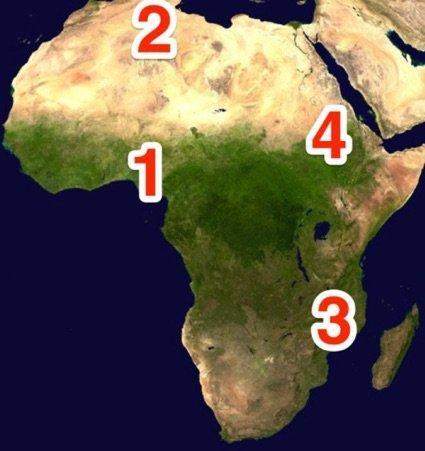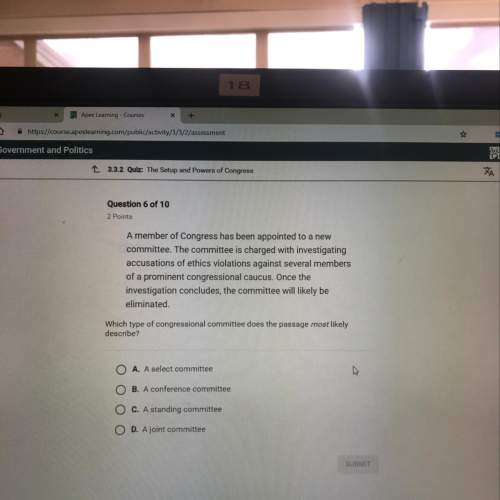World history, !
1)
from the seventh to the fourteenth centuries ce, which gro...

History, 04.12.2019 00:31 chrisspa13
World history, !
1)
from the seventh to the fourteenth centuries ce, which group was the primary trade link between india, china, europe and africa?
a) buddhist monks
b) muslim merchants
c) european merchants
d) christian missionaries
2)
prior to the presence of europeans on the continent, the slave trade in africa
a) did not exist in any form.
b) was limited to internal trade only.
c) included the trans-saharan and indian ocean slave trade.
d) was rarely needed due to the lack of an agricultural economy.
3)
what was one effect that the bubonic plague had on peasant and artisan workers living in europe during the late middle ages?
a) workers were forced to relocate to cities to find work.
b) workers' wages rose due to an increased demand for labor.
c) workers had their homes taken away to pay off landowners' debts.
d) workers' rights decreased because land owners gained more power.
4)
which statement best describes the effect that the magna carta had on european feudalism?
a) the magna carta weaken feudalism by limiting the power of the king.
b) the magna carta weaken feudalism by giving the peasants more rights.
c) the magna carta reinforce feudalism by giving more power to nobles and barons.
d) the magna carta reinforce feudalism by allowing the king to dissolve parliament.
5)
the bubonic plague of the 1300s originated in
a) africa.
b) america.
c) asia.
d) europe.
6)
when islam came to africa, historians believe it entered closest to which number?
a) 1
b) 2
c) 3
d) 4
7)
mansa musa, the 14th century leader of mali, was known for
a) becoming the first christian african ruler.
b) being a devout and powerful muslim ruler.
c) being the last ruler of mali.
d) becoming a buddhist monk.
8)
the ottoman, safavid, and mughal empires are sometimes referred to as the "gunpowder empires" because of their use of gunpowder when conquering. these empires would have not been exposed to gunpowder had it not been for
a) marco polo.
b) the silk roads.
c) china's grand canal.
d) the great wall of china.
9)
which of these was the most important aspect of european feudalism?
a) the spread of islam in europe
b) the christian church
c) the use of vernacular languages in worship
d) the oath of loyalty between vassal and lord
10)
what influence is shared by the english court system under the reign of henry ii and the court system of today?
a) common law
b) jurisprudence
c) judicial review
d) constitutional law
number 6 img:


Answers: 1


Another question on History

History, 21.06.2019 23:30
How did the invention of the cotton gin affect slave labor in the united states? a. there was a forced migration of slaves from the south to the north. b. slave-owning cotton planters were gradually forced to sell their plantations. c. more slaves were purchased to work on cotton plantations in the south. d. the reduced need for labor on cotton plantations led to a decline in slavery. e. slaves were moved from cotton plantations to sugar plantations.
Answers: 2

History, 22.06.2019 06:40
When a county and a city work together to run a school district, they have organized a
Answers: 3

History, 22.06.2019 12:00
What pheonicaian invention, carved using iron tools, allowed their ships to remain stable even in unstable seas?
Answers: 1

History, 22.06.2019 14:30
What impressions does byrd convey about the role of women in the southern colonists
Answers: 1
You know the right answer?
Questions


Chemistry, 21.12.2019 19:31




Mathematics, 21.12.2019 19:31

Mathematics, 21.12.2019 19:31

Computers and Technology, 21.12.2019 19:31

Mathematics, 21.12.2019 19:31

Mathematics, 21.12.2019 19:31

Mathematics, 21.12.2019 19:31


Mathematics, 21.12.2019 19:31


Mathematics, 21.12.2019 19:31


Mathematics, 21.12.2019 19:31



Mathematics, 21.12.2019 19:31




